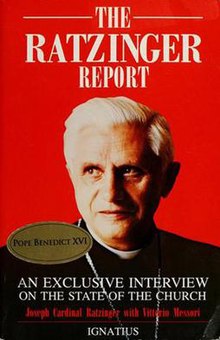
Ultramontanism is a clerical political conception within the Catholic Church that places strong emphasis on the prerogatives and powers of the Pope. It contrasts with Gallicanism, the belief that popular civil authority—often represented by the monarch's or state's authority—over the Church is comparable to that of the Pope.

Pope Benedict XVI was the head of the Catholic Church and sovereign of the Vatican City State from 19 April 2005 until his resignation on 28 February 2013. Benedict's election as pope occurred in the 2005 papal conclave that followed the death of Pope John Paul II. Benedict chose to be known as "Pope emeritus" upon his resignation, and he retained this title until his death in 2022.

The Catechism of the Catholic Church is a reference work that summarizes the Catholic Church's doctrine. It was promulgated by Pope John Paul II in 1992 as a reference for the development of local catechisms, directed primarily to those responsible for catechesis and offered as "useful reading for all other Christian faithful". It has been translated into and published in more than twenty languages worldwide.
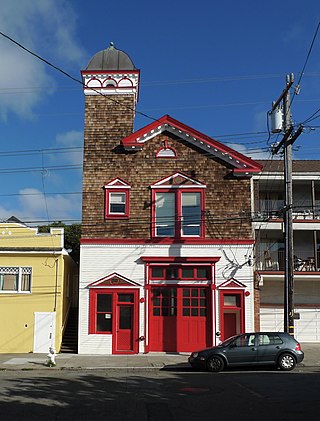
Ignatius Press is a Catholic theological publishing house based in San Francisco, California, in the United States.

A papal conclave was held on 18 and 19 April 2005 to elect a successor to John Paul II, who had died on 2 April 2005. Upon the pope's death, the cardinals of the Catholic Church who were in Rome met and set a date for the beginning of the conclave. Of the 117 eligible members of the College of Cardinals, those younger than 80 years of age at the time of the death of Pope John Paul II, all but two attended. After several days of private meetings attended by both cardinal electors and non-voting cardinals, the conclave began on 18 April 2005. It ended the following day after four ballots with the election of Cardinal Joseph Ratzinger, Dean of the College of Cardinals and Prefect of the Congregation for the Doctrine of the Faith. Ratzinger was the first member of the Roman Curia to become pope since Pius XII, elected in 1939. After accepting his election, he took the name Benedict XVI.
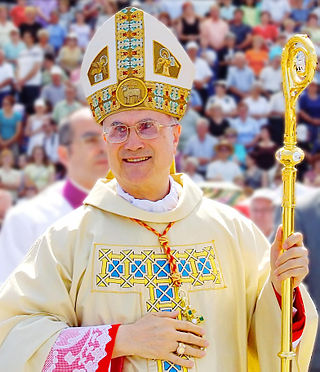
Tarcisio Pietro Evasio Bertone is an Italian prelate of the Catholic Church and a Vatican diplomat. A cardinal since 2003, he served as Archbishop of Vercelli from 1991 to 1995, as Secretary of the Congregation for the Doctrine of the Faith, Archbishop of Genoa from 2002 to 2006, and as Cardinal Secretary of State from 2006 to 2013. On 10 May 2008, he was named Cardinal-Bishop of Frascati.

Georg Ratzinger PA was a German Catholic priest and musician, known for his work as the conductor of the Regensburger Domspatzen, the cathedral choir of Regensburg. He was the elder brother of Pope Benedict XVI. Their grand-uncle was the German politician Georg Ratzinger.

Alfredo Ottaviani was an Italian cardinal of the Catholic Church. Pope Pius XII named him cardinal in 1953. He served as secretary of the Holy Office in the Roman Curia from 1959 to 1966 when that dicastery was reorganised as the Congregation for the Doctrine of the Faith, of which he was pro-prefect until 1968.
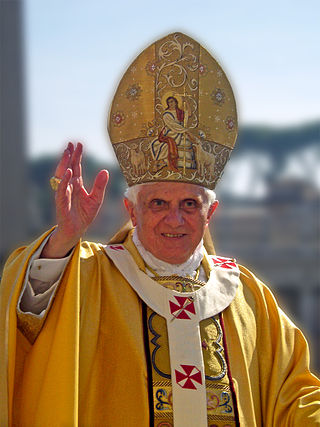
The theology of Pope Benedict XVI, as promulgated during his pontificate, consists mainly of three encyclical letters on love (2005), hope (2007), and "charity in truth" (2009), as well as apostolic documents and various speeches and interviews. Pope Benedict XVI's theology underwent developments over the years, many of which were characterized by his leadership position in the Congregation for the Doctrine of the Faith, which is entrusted with preserving the Catholic faith in its entirety.
The early life of Pope Benedict XVI concerns the period from his birth in 1927 through the completion of his education and ordination in 1951.

John L. Allen Jr. is an American journalist and author who serves as editor of the Catholic news website Crux, formerly hosted by The Boston Globe and now independently funded.

Carlo Maria Martini was an Italian Jesuit, cardinal of the Catholic Church and a Biblical scholar. He was Archbishop of Milan from 1980 to 2004 and was elevated to the cardinalate in 1983. A towering intellectual figure of the Roman Catholic Church, Martini was the liberal contender for the Papacy in the 2005 conclave, following the death of Pope John Paul II. According to highly placed Vatican sources, Martini received more votes in the first round than Cardinal Joseph Ratzinger, the conservative candidate: 40 to 38. Ratzinger ended up with more votes in subsequent rounds and was elected Pope Benedict XVI.
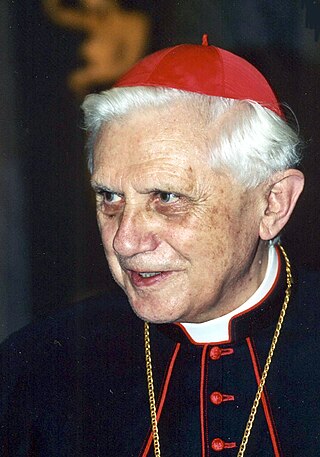
Joseph Ratzinger (1927–2022) was named by Pope John Paul II on 25 November 1981 as prefect of the Congregation for the Doctrine of the Faith (CDF) formerly known as the Holy Office and, especially around the 16th century, as the Roman Inquisition.
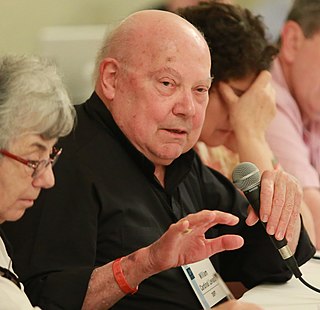
William Joseph Levada was an American cardinal of the Catholic Church. From May 2005 until June 2012, he served as Prefect of the Congregation for the Doctrine of the Faith under Pope Benedict XVI; he was the highest ranking American in the Roman Curia. He was previously the Archbishop of Portland in Oregon from 1986 to 1995, and then Archbishop of San Francisco from 1995 to 2005. While serving as archbishop, he was criticized for covering up sexual abuse by priests within his jurisdiction. Levada was created a cardinal in 2006 by Benedict XVI.

Aloísio Leo Arlindo Lorscheider, O.F.M. was a Brazilian Roman Catholic cardinal during the 1970s and 1980s. He was known as an advocate of liberation theology in the 1970s and was seen by some observers as a serious candidate for the papacy in the two conclaves of 1978.
The International Theological Commission (ITC) is a body of the Roman Curia of the Catholic Church; it advises the magisterium of the church, particularly the Dicastery for the Doctrine of the Faith (DDF), a dicastery of the Roman Curia. Its memberships consists of no more than 30 Catholic theologians appointed by the pope at the suggestion of the prefect of the DDF for renewable five year terms. They tend to meet annually for a week in Rome, where the commission is based.

The Pope Benedict XVI bibliography contains a list of works by Pope Benedict XVI.

Gerhard Ludwig Müller is a German cardinal of the Catholic Church. He served as the Cardinal-Prefect of the Congregation for the Doctrine of the Faith (CDF) from his appointment by Pope Benedict XVI in 2012 until 2017. Pope Francis elevated him to the rank of cardinal in 2014.
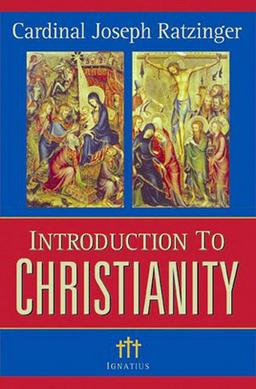
Introduction to Christianity is a 1968 book written by Joseph Ratzinger. Considered one of his most important and widely read books, it presents a "narrative Christology" that demonstrates the place for faith is in the Church. The book offers a "remarkable elucidation of the Apostle's Creed" and gives an "excellent, modern interpretation of the foundations of Christianity".
Marco Politi is an Italian journalist and writer, specializing in Vatican news and politics.
